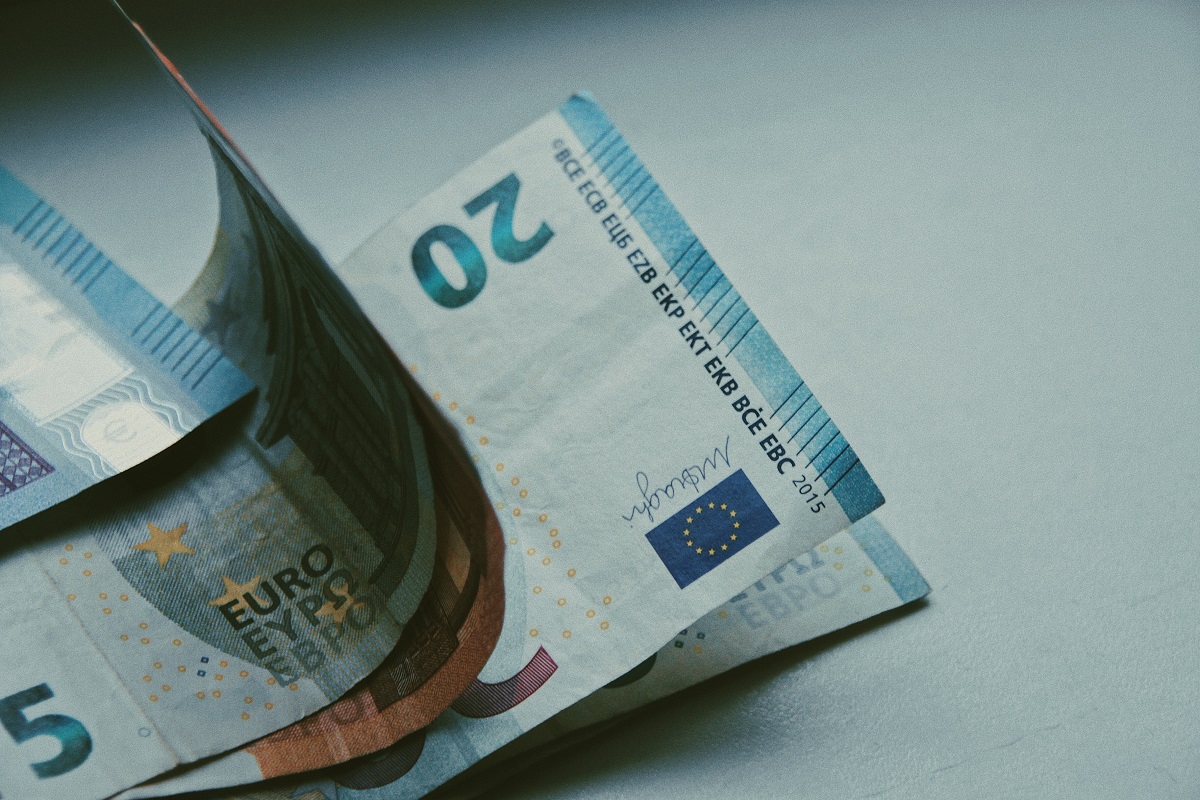With two out of three of its self-employed workers pocketing “black money”, undeclared earnings could be costing France €7 billion per year.
According to the French government, €14.6 billion in taxes were evaded in 2022. That’s an increase of 8.2% on the previous year and an estimated €7 billion has been attributed to the country’s self-employed, whose jobs make it easy to be paid “under the table”.
WORST OFFENDERS
The High Council for the Financing of Social Protection (HCFiPS) says the numbers from web-based platforms have revealed that two out of three self-employed auto-entrepreneurs in France don’t declare a portion of their earnings.
The worst offenders are believed to be VTC drivers – taxi drivers, chauffeurs and the like – and it is estimated that 90% of workers in this sector fail to fully declare their income. Delivery drivers have a similar reputation: the HCFiPS says 73% could be getting away with earning more than they formally announce.
Farmers, vineyard owners and market gardeners – given that agriculture is a historically cash-heavy industry – are also thought to under-declare by an estimated €500million.
Finally, construction industry workers are also thought to be big “under declarers”, contributing to a loss of between €1 billion and €1.5 billion in social security contributions.
UNFAIR TO TAX PAYERS
This is infuriating to those who pay taxes, which are not insignificant in France. The minimum 20% tax rate is increased to 30% above a certain threshold of net taxable income, which is currently set at a rather low €27,478 for income received in 2022.
Dominique Libault, HCFiPS President, says, “There is a real problem with auto-entrepreneurs and web platform workers. It is not just a problem with a lack of money for social security, but also the whole question of people undercutting other workers in the system who make proper declarations.”
SPOT CHECKS
Private sector employers are believed to be dishing out between 2.2% and 2.7% in black money to workers. This equates to between €5.1 and €6.4 billion in social security contribution losses. When unpaid contributions to unemployment insurance are added in, the number is more like €7 billion.
This has prompted the HCFiPS to start workplace inspections again, something suspended during the pandemic. Their biggest focus will be on the suspected biggest culprits, namely drivers, but will extend to all sectors.
Additionally, a report by HCFiPS put out in February has stated they will focus on “the new challenges of control and the fight against fraud” in a three-pronged attack. First, they would like to give collection bodies the means to improve responses. Second, to clarify the control measures so that they are legal and fair, hopefully inducing non-payers to comply. Finally, they would like to make the consequences of failing to correctly declare stricter in order to deter such behaviour in the first place.
There is much legal wrangling that will need to be done before concrete actions can happen, and the HCFiPS definitely has its work cut out if it is going to regain control of what appears to be a worsening situation.
Sign up for the Monaco Life newsletter. For the latest news, follow us on Facebook, Twitter, and Instagram.
Photo source: Unsplash
